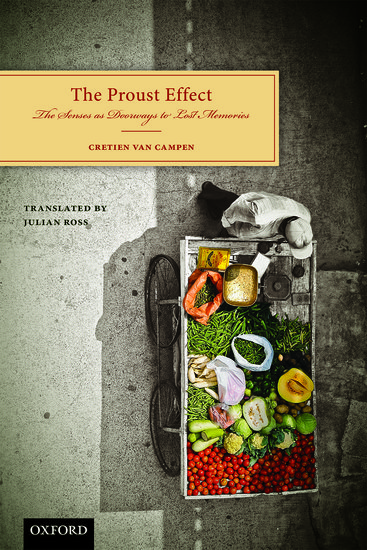Catching up with Charlotte Green, Psychology Editor
How exactly does one become a book editor? I sat down with Charlotte Green, the Senior Assistant Commissioning Editor for all Psychology and Social Work titles, to discuss some common questions about her role, her interest in publishing, and her time at Oxford University Press.














